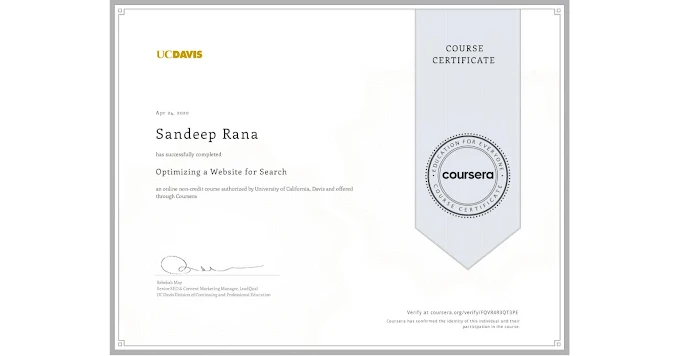Here is the professional ₹5L–₹50L GeM Bid Winning Strategy Guide (2026 Updated) used by experienced tender executives on the . This range usually includes BOQ bids, custom bids, and reverse auctions , where strategy matters more than just quoting low price. 🏆 ₹5L–₹50L GeM Bid Winning Strategy Guide (2026) 1️⃣ Stage 1: Bid Selection Strategy (Most Important) Never bid blindly. Select smart bids. ✔ Check Number of Participating Sellers 👉 Ideal: 3–8 sellers ✔ Avoid bids with: 15+ sellers ❌ (Very high competition) OEM-restricted bids ❌ Unrealistic specifications ❌ ✔ Prefer bids: With reasonable delivery time ✔ With brand neutral specs ✔ With your strong product category ✔ 📊 Winning chance increases by 40% with proper bid selection 2️⃣ Stage 2: Technical Qualification Strategy (New 2026 Focus) In 2026, technical rejection = direct disqualification Before bidding ensure: ✔ Correct OEM authorization ✔ Exact model compliance ✔ All certificates ready ✔ Product sp...
The Professional Diploma in Digital Marketing covers a wide range of topics and skills across the digital marketing landscape. Candidates will gain a comprehensive understanding of digital marketing platforms, strategy, and execution. Here are some of the topics covered in the course:
1. Digital Marketing Fundamentals: This module covers the basic concepts, principles, and components of digital marketing, including its evolution and its relevance in today's business world.
2. Content Marketing: This module covers how to develop and execute compelling content marketing strategies, including the creation, promotion, and measurement of impactful content.
3. Search Engine Optimization (SEO): This module covers the fundamentals of SEO, including techniques to improve website ranking, keyword research, on-page optimization, and link building.
4. Paid Search: This module covers the tools and techniques required to create and execute effective paid search campaigns across platforms like Google Ads and Bing Ads.
5. Display and Video Advertising: This module covers the creation and targeting of engaging display and video ads for different audiences, using platforms like Google Display Network and YouTube.
6. Social Media Marketing: This module covers the principles and techniques of social media marketing across channels like Facebook, Twitter, LinkedIn, and Instagram.
7. Email Marketing: This module covers how to create and optimize email marketing campaigns, including segmentation, personalization, automation, and analytics.
8. Web Analytics: This module covers the measurement and analysis of web traffic and behavior, including tools like Google Analytics and KPIs.
9. Digital Strategy: This module covers the creation and implementation of digital marketing strategies aligned with business objectives and KPIs, including planning, budgeting and resource allocation.
The Professional Diploma in Digital Marketing covers all aspects of digital marketing that are fundamental to building a successful and impactful digital marketing strategy. Upon completion of the course, candidates will be equipped with both the technical and strategic skills necessary for successful digital marketing campaign execution.


Comments
Post a Comment